Do you ever look out the window and wonder how those streetlamps are glowing? Or do the dry leaves quietly floating down to the ground make you curious about their motion? Flipping through the pages of a science or history book would bring you face to face with some famous scientists and inventors. They observed the same natural surroundings and invented the scientific theories that have shaped our lives.
Origin of Science
420 million years ago, humans discovered fire by scraping two flint stones. 2.3 million years back they invented the first primitive tool or the split stone. Language and symbols came into existence 50,000 years back. 12,000 years ago, agriculture entered the scene. As the years progressed we became more adept at survival. Some super inquisitive individuals emerged who discovered mysterious facts about our universe.
In this day and age, most of us cannot even imagine living without things that these great scientists have left us. The following is a list of 10 famous scientists whose contributions to human lives cannot be forgotten.
1. Marie Curie

Having been brought up in an academic family, this phenomenal woman grew to make groundbreaking discoveries in radioactivity. Originally Polish, Maria Salomea Sklodowska was born in 1867. She worked as a governess after high school to support her sister’s medical studies, who soon returned the favor. The magic began once she shifted to Paris and researched the peculiar rays emitted by uranium and pitchblende. Upon discovering polonium (named after her homeland) and radium, she received the Nobel Prize in Physics jointly with her husband Pierre and Henri Becquerel in 1903. She stunned her audience once again upon getting a second Nobel Prize in Chemistry in 1911. She remains the only person to have won Nobel Prizes in two different sciences.
2. Albert Einstein

According to James Overduin, a theoretical physicist, ‘Einstein remains the last, and perhaps only, physicist ever to become a household name.’ Born in Ulm, Germany in 1879, Einstein initially failed to gain an academic position after his doctorate but today is one of the most famous scientists. His breakthrough came with the prodigal paper that explained the matter and energy relationship, or E=mc². Other discoveries include the photoelectric effect or the existence of photons in light. The motions of special and general relativity have become the crux of astronomy. They proved that anything with mass disrupts the fabric of space and time. A Nobel Prize in Physics was awarded to one of the great scientists in 1921.
3. Isaac Newton

We all know about the apple which fell from the tree and led Newton to discover gravity. This renaissance scientist formulated his iconic laws of gravity after graduating from Cambridge University. Having concealed his findings for years, Newton was instigated by a friend into publishing the Philosophiae Naturalis Principia Mathematica. This book showed how planets move through space and how projectiles fly through the air. Both phenomena are governed by the same gravitational pull. This all-time famous scientist had engaged in endeavors like trying to produce the legendary philosopher’s stone, though in vain.
4. Galileo Galilei
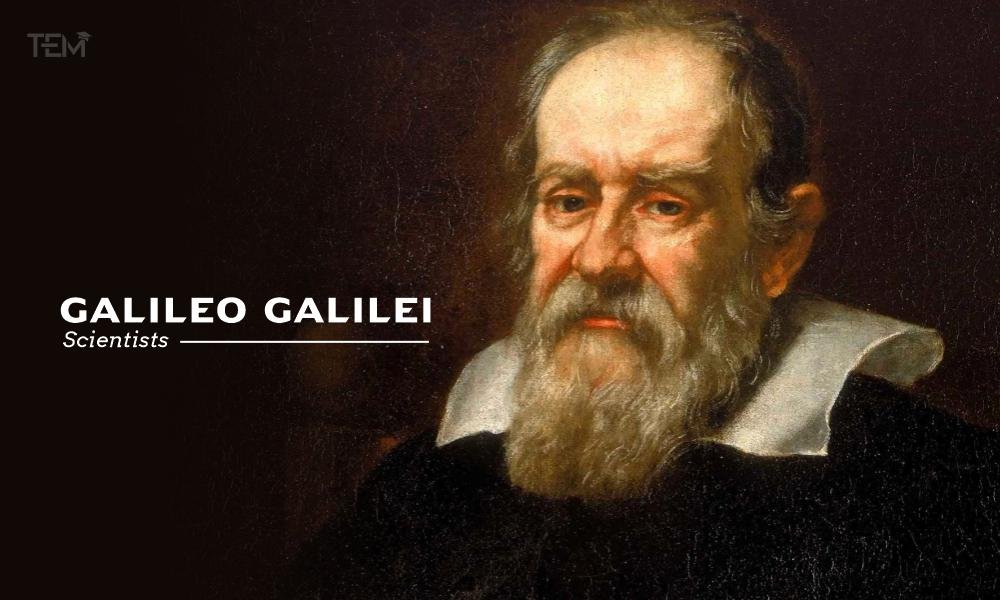
Born in medieval Europe, this great scientists’ discoveries were not viewed so well by society. Using a telescope (invented by Hans Lippershey in 1608) on 1st December 1609, he observed four satellites of Jupiter and showed that the Milky Way was illuminated by stars. He rebelled against established conceptions by proving the Sun to be the center of the Solar System, as propounded by Nicolaus Copernicus. He wrote, “I give infinite thanks to God, who has been pleased to make me the first observer of marvelous things.” The renaissance scientist gave impetus to modern astronomy as we know it today.
5. Charles Darwin

Originally training to be a parson, Darwin revolutionized ideas of where we come from. After he boarded the HMS Beagle in 1831, he sailed throughout the Southern Hemisphere documenting geological formations and diverse flora and fauna. He observed the lifestyle of finches on the Galapagos Islands and suggested that species changed due to environmental factors and not divine intervention. Thus was born the Theory of Evolution, published in this great scientist’s book ‘On the Origin of Species in 1859.
6. Nikola Tesla
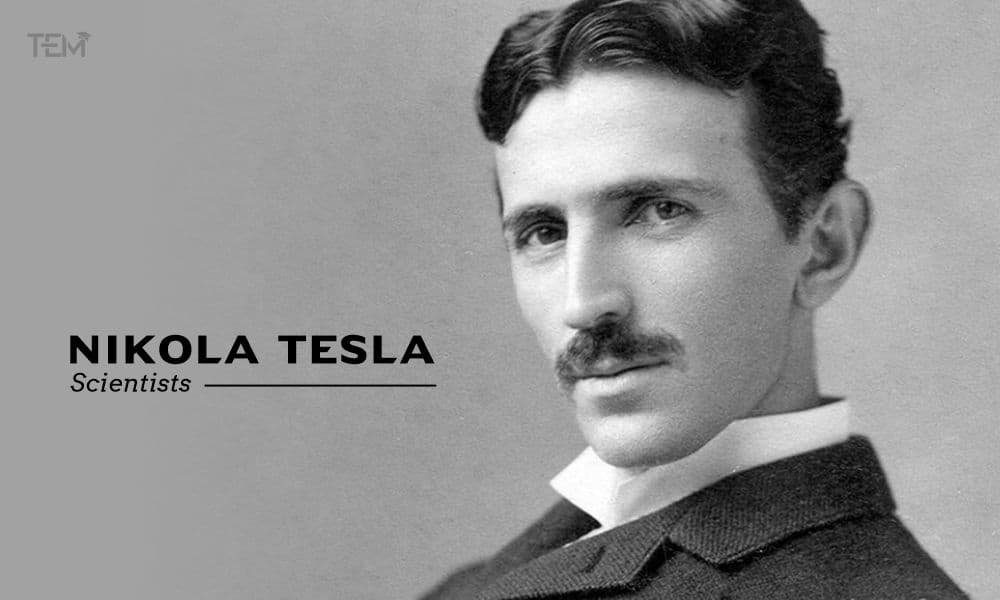
A Serbian-American engineer born in 1856, Tesla has electrified the course of several generations up till now. His designs on alternating currents lighted up American homes across long miles of distance. The Tesla coil was a high-voltage transformer that transmitted power wirelessly. He even proposed extracting energy and transmitting it throughout the world wirelessly. Though his project fell into oblivion, Tesla has become a household name. The world’s most famous electric car is named after him, and The American Physical Society even has a Tesla comic book.
7. Ada Lovelace
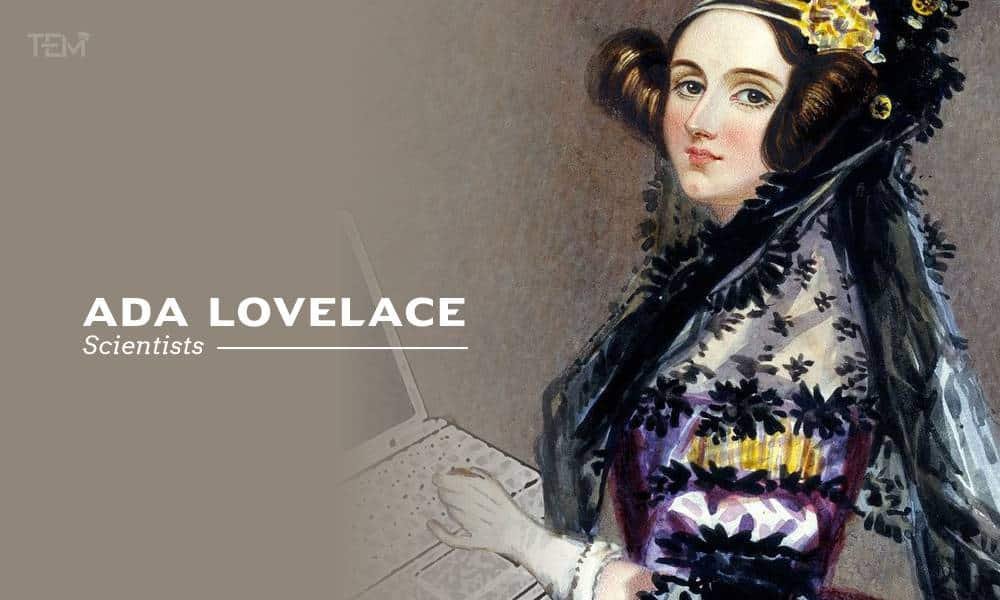
Dubbed the first programmer the world has witnessed, Lovelace was the daughter of poet Lord Byron. She discovered her genius on encountering a giant mechanical calculator (The Difference Engine) designed by Charles Babbage in the 1830s. Soon Babbage invented the Analytical Engine which could solve any mathematical problem. It was for this machine that Lovelace wrote instructions for cracking a complex mathematical problem, which was deemed the first computer program.
8. Archimedes
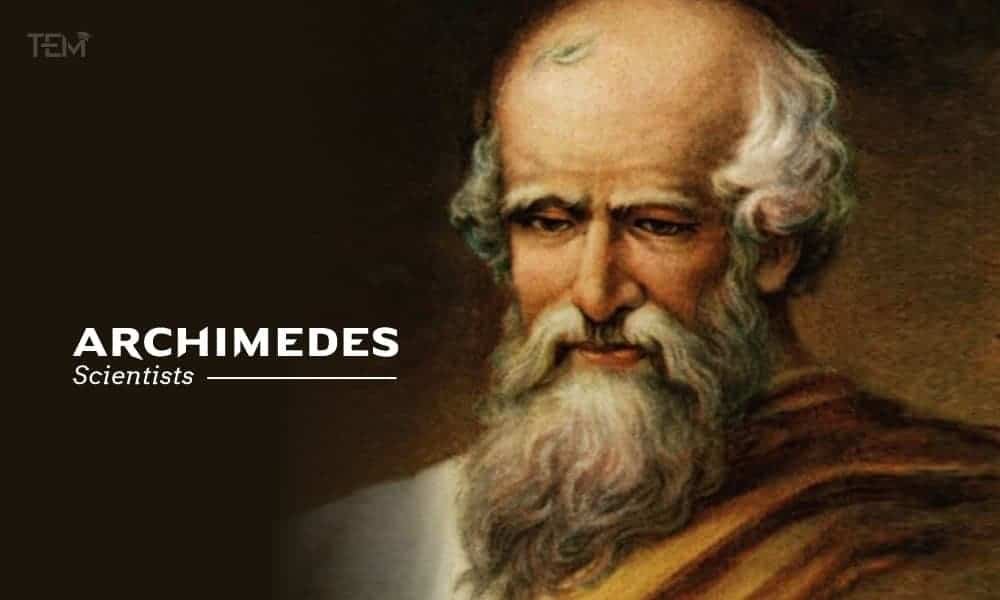
Everyone loves to hear the story about a genius running around in his birthday clothes through the streets and shouting “Heureka!” (“I have found it!”) This Italian individual of the 4th century BC was the most famous inventor and mathematician of ancient Greece. Archimedes is remembered for his discovery of the relation between the volume and surface of a sphere and its circumscribing of a cylinder. Archimedes’ principle is a hydrostatic principle that all science students study. Interestingly, the Archimedes screw or screw pump is still used in some countries for transferring water from low-lying water bodies to irrigation ditches.
9. Pythagoras
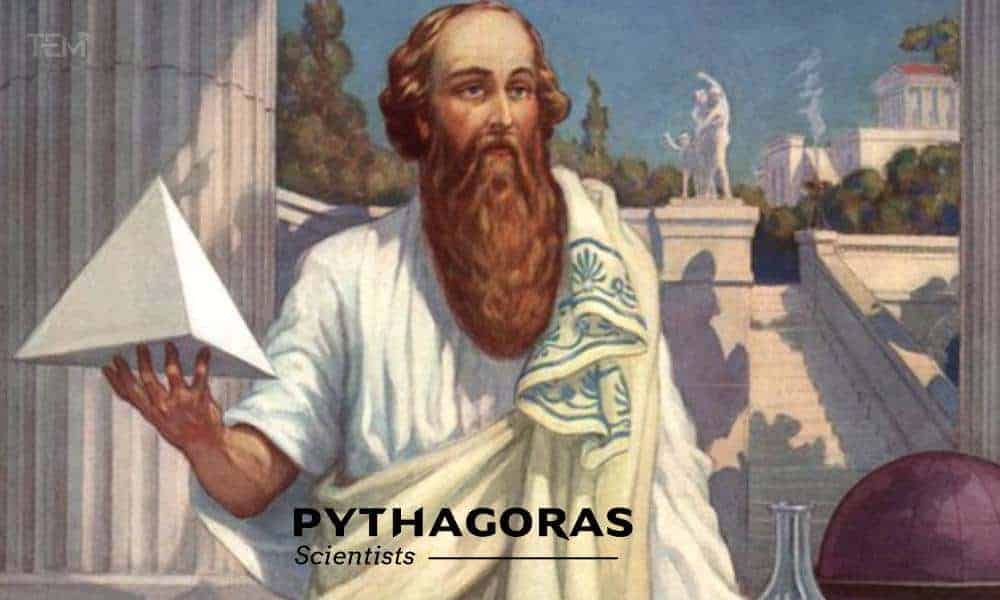
Most of us remember our middle school math teachers scraping a right triangle on the blackboard and explaining the Pythagoras theorem. The 6th-century BC philosopher and mathematician deduced that the square of the longest side of such a triangle equals adding up the squares of the other two sides. Plainly put, ‘a²+b²=c²’. A contrary claim has been put forward by Karen Eva Carr, a retired historian at Portland State University. She attributes this theorem to Babylonian and Egyptian mathematicians who used it centuries before Pythagoras. Despite this, the famous scientist is still legendary. Both Pythagoras and Einstein are known for their work on curving space and time. The Pythagorean maxim “All is number” implies that everything in the universe can be explained by maths.
10. Rosalind Franklin
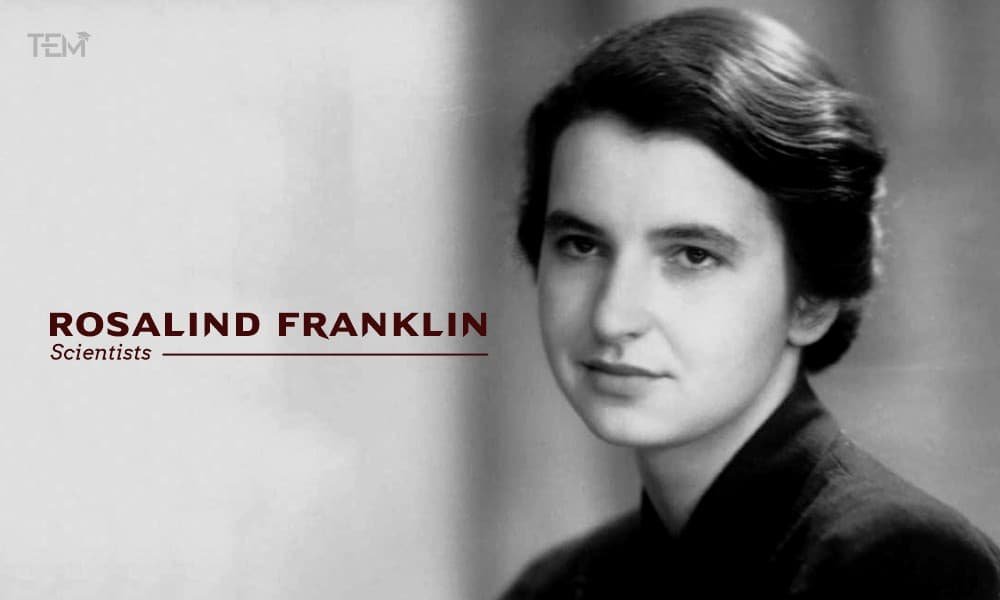
A brilliant chemist and an authority on X-Ray crystallography, this prodigal scientist was not initially recognized for her work on DNA. While she was doing research at King’s College London in the early 1950s, she produced the finest image of a DNA molecule. Realizing this to be a groundbreaking discovery, her colleague Maurice Wilkins and Francis Crick, and James Watson attained the credit for it. They received the Nobel Prize for describing DNA’s helix structure in 1962, while trivially mentioning Franklin’s contribution as a “supporting study”. Franklin also discovered the structure of the tobacco mosaic virus. According to Carl Engelking, “Though it’s her achievements that close colleagues admired, most remember Franklin for how she was forgotten.”
Also Read: Alexandra Elbakyan, the Intellectual Pirate in Hiding


